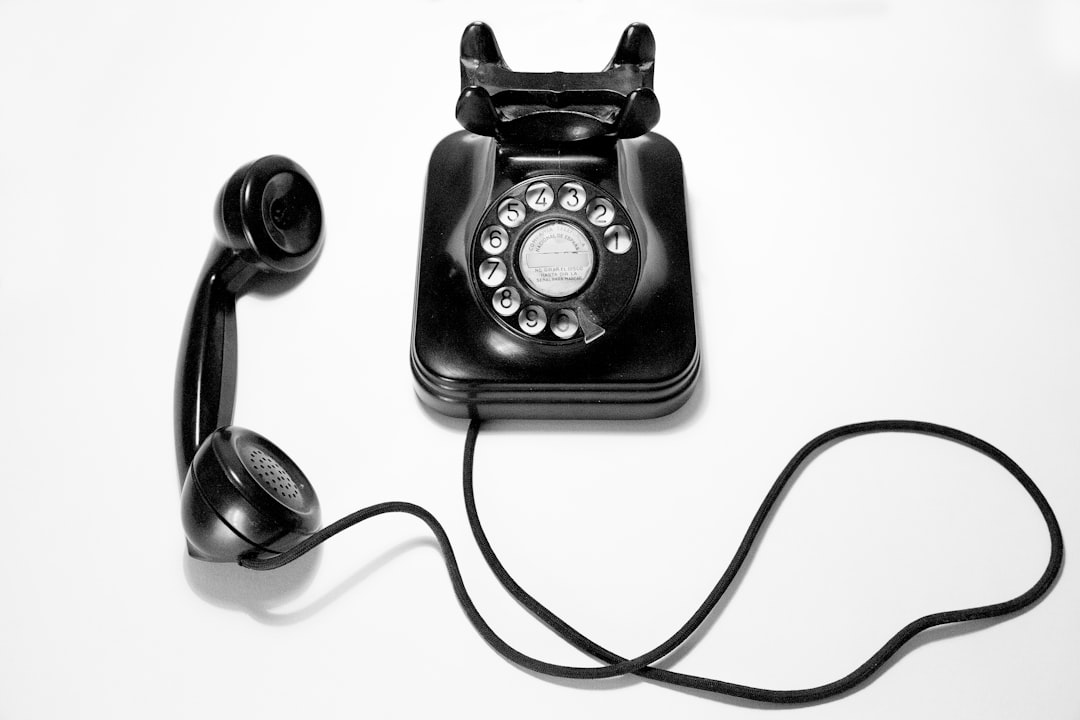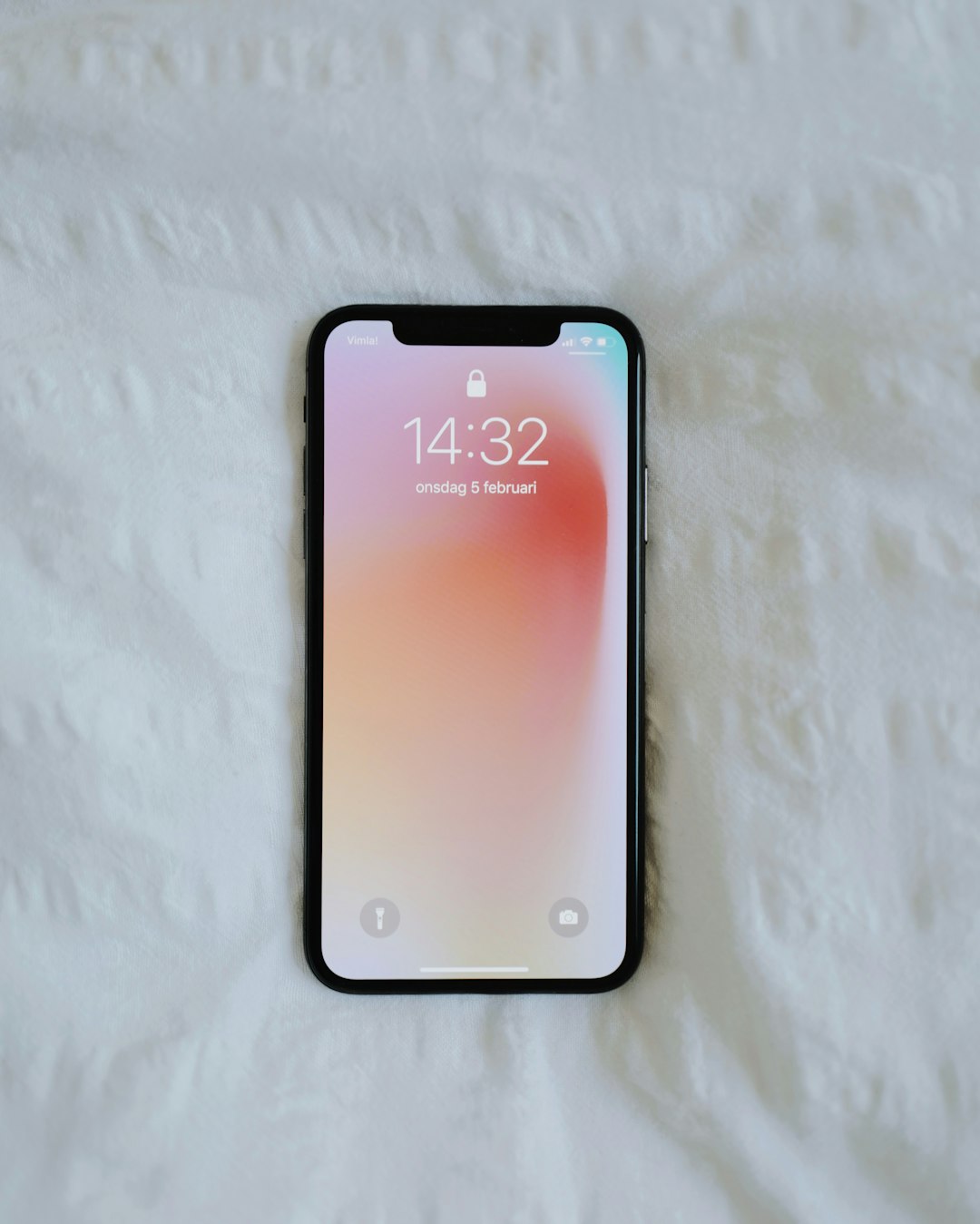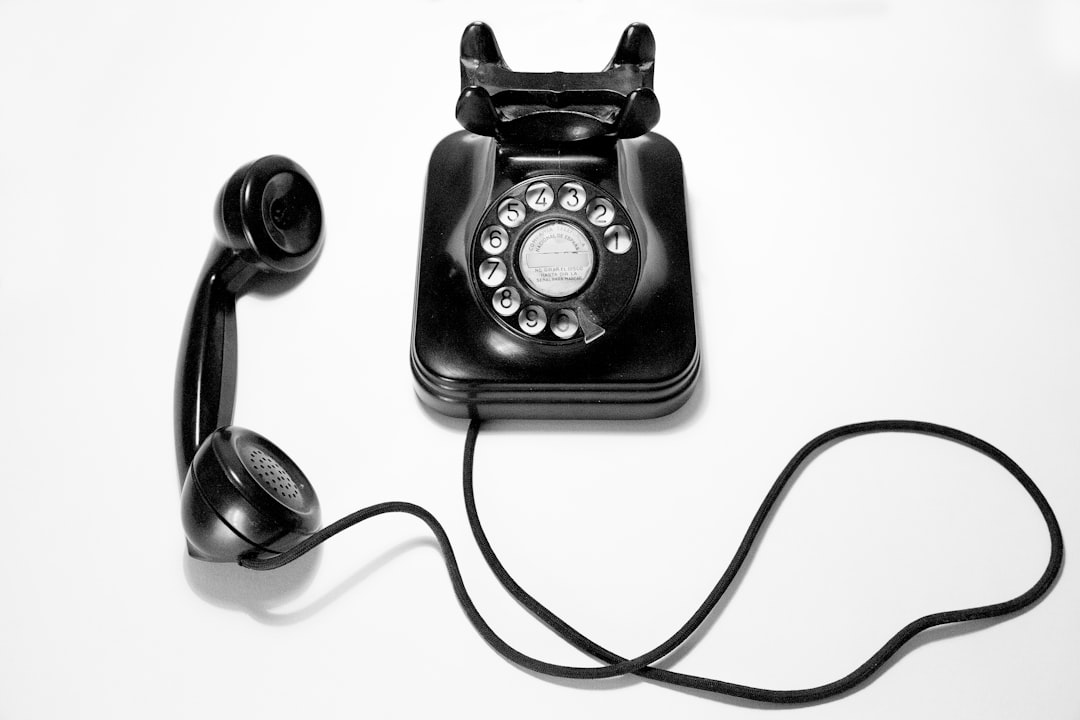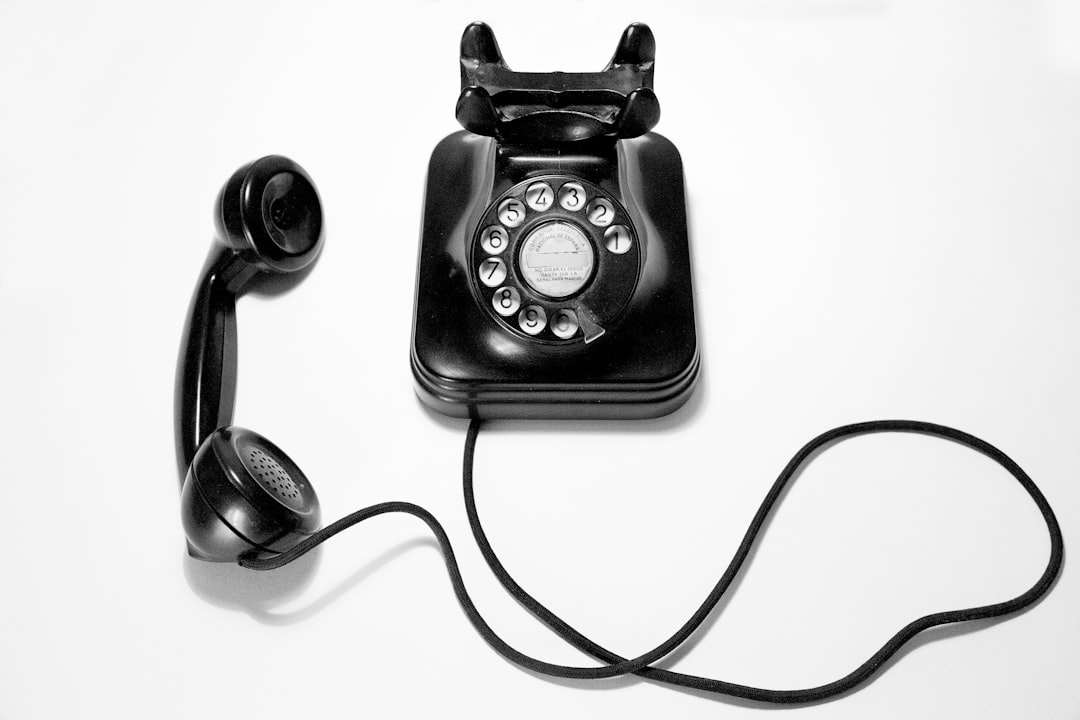In Louisiana, consumers are protected from aggressive debt collection practices by state and federal laws, including the Fair Debt Collection Practices Act (FDCPA). They can stop communication from collectors through a "do not call" or "cease and desist" letter. Debt collector lawyers in Louisiana ensure legal compliance, guiding agencies on professional communication strategies, especially regarding cease communications rules, to avoid legal issues and maintain fair treatment of consumers.
In Louisiana, debt collection practices are governed by strict regulations designed to protect consumers. Understanding these laws is crucial for both debtors and debt collectors alike. This article explores Louisiana’s debt collection rules, focusing on when communication can cease and under what exceptions it may continue. We also delve into the vital role that debt collector lawyers play in navigating this complex landscape, ensuring compliance and providing guidance for all parties involved.
Understanding Louisiana's Debt Collection Laws

In Louisiana, debt collection practices are regulated by both state and federal laws, designed to protect consumers from aggressive or unfair tactics. Understanding these regulations is crucial when dealing with debt collectors in the state. The Fair Debt Collection Practices Act (FDCPA) sets national standards for ethical conduct, but Louisiana has its own set of rules, ensuring an additional layer of consumer protection.
When it comes to communication, Louisiana debt collection laws outline specific guidelines. Debt collector lawyers in Louisiana emphasize that collectors must provide validation of the debt and cease communication if a consumer requests it in writing. This right to cease communication is a significant exception, allowing individuals to take control of their financial interactions and protect their privacy.
When Can Debt Collectors Cease Communication?

In Louisiana, debt collectors are bound by strict regulations governing their communication methods and practices. According to state laws, a debt collector can cease communication with an individual under specific circumstances. If a consumer makes a written request for the cessation of communication, often referred to as a “do not call” or “cease and desist” letter, the debt collector must honor this request and refrain from any further contact. This is a crucial right afforded to consumers to gain some control over the frequent and sometimes relentless phone calls and messages they receive from debt collection agencies.
Additionally, debt collectors in Louisiana cannot engage in communication when the consumer is represented by an attorney. Once a debtor retains debt collector Lawyers Louisiana, the collector must direct all communications to the attorney instead. This change in correspondence ensures that the debtor receives legally sound advice and protection throughout the debt collection process.
Exceptions to the Rule: When Communication is Permitted

In Louisiana, debt collectors must adhere to strict rules regarding communication with debtors, primarily outlined in the Fair Debt Collection Practices Act (FDCPA). However, there are notable exceptions where communication is permitted, even when a debtor has requested cease and desist communications. These include situations where the debt collector is attempting to verify the debt or when they have specific legal reasons to contact the debtor.
Debt collector lawyers in Louisiana emphasize that while these exceptions allow for continued communication, collectors must still respect certain boundaries. They can’t harass, threaten, or use abusive language towards debtors. The primary goal should be to confirm debt details and provide clear information about repayment options, all while maintaining a professional and respectful demeanor.
The Role of Debt Collector Lawyers in Louisiana

In Louisiana, debt collectors often engage legal professionals to ensure compliance with state laws and regulations regarding debt collection practices. Debt collector lawyers in Louisiana play a crucial role in navigating the complex legal landscape surrounding consumer rights and debt recovery. They are adept at understanding and interpreting the state’s cease communication rules, which are designed to protect individuals from aggressive debt collection tactics.
These legal experts assist debt collection agencies by providing guidance on when and how to communicate with debtors, especially in cases where exceptions apply. By leveraging their knowledge of Louisiana law, they help collectors avoid potential legal pitfalls, ensure fair treatment of consumers, and maintain compliance with the state’s stringent regulations. Debt collector lawyers’ involvement is instrumental in fostering a balanced debt recovery process that respects both the rights of creditors and the protections afforded to debtors in Louisiana.






